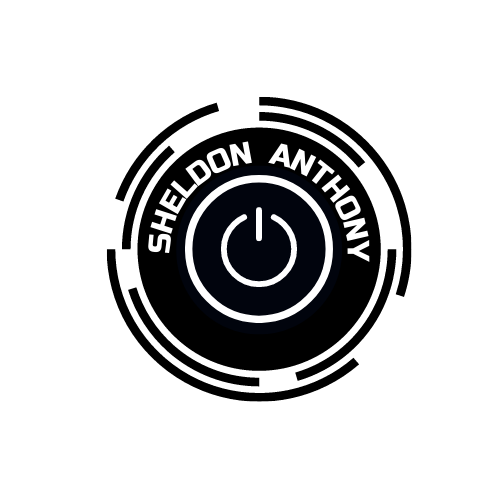
Technology is a fast-paced business lane but a lane that is filled with opportunities for staging memorable experiences. Unique customized digital products and services are being created and deployed daily. Usually, at its pace, comes the term every business owner is acquainted with "poor service". It automatically shifts our immature brands into a space we are not usually not prepared for. A consistently reliable service can easily be forgotten, but a mishap can be remembered for a lifetime. If your business is a service provider and you are providing poor service this can create a memorable encounter for your customer, which easily turns your service into the worst type of memory for the customer. If your customers have memories like these, they may lose trust in your brand and take their business elsewhere or worse, never do business with you again.
Providing a memorable experience requires well-trained staff, proper equipment, and facilities, as well as an emphasis on customer service throughout your organization. Automated shifts in your business's economic offering could be dangerous if you do not pay careful attention to them. Your business could be selling goods and by providing poor service it could automatically shift into an economic offering it is not prepared for. It is well known that public service providers usually have a poor service reputation. Long lines, long "hold" times, and long wait times for application results are all hallmarks of the experiences they provide to their customers. The question is, have they realized that they have shifted their economic offering to staging experiences?
As an elderly Pennsylvanian man was snowed in around the holidays, his daughter was concerned that he would not have enough food to eat because of the impending storm and bad weather. In a desperate attempt to find someone who would deliver food to her father's home, she finally reached Trader Joe's who informed her they do not deliver normally. In view of the extreme circumstances, they agreed to deliver directly to his home and even suggested additional items that would suit his special low-sodium diet. The employee told the daughter on the phone that she didn't have to worry about the delivery price of the food; it would be delivered free of charge. The food was delivered to the man's doorstep less than 30 minutes later.[1]
We want business owners to take note of these automated shifts so that they don’t go unnoticed and leave your enterprise looking out of its depth in the experience domain. In the example above Trader Joe's automatically shifted its economic offering without knowing from a food service provider to an experience stager. Failing to realize these automated shifts in economic offerings in business could lead to disastrous memories of your brand in people’s minds and hearts. While providing poor service is the easiest way to slip your organization to a matured economic offering, it most certainly is not the ideal way. In staging experiences, we create lifelong memories that are imprinted in people’s minds and hearts. These experiences are so powerful that they can leave lifelong impressions on your brand. There may be others but the two usual suspects are customization of products and services and providing poor service. When your business does either of these it automatically shifts its economic offering and most business owners don’t realize this until it’s too late. Most often it's by chance that we stage a delightful experience in our immaturity.
Companies that perform well in the experience domain will enjoy accelerated growth and greater market penetration. It's a fast-paced digital world. Brands are transforming at a remarkable pace. Preparation and effective management of these automatic economic offering shifts could keep you in business for a long time. Customers are not left with a lasting impression from an isolated event, but rather from a series of experiences. Positive feelings, emotions, and memories can be earned by companies by competing effectively for attention and time in this digital experience economy.





No comments:
Post a Comment